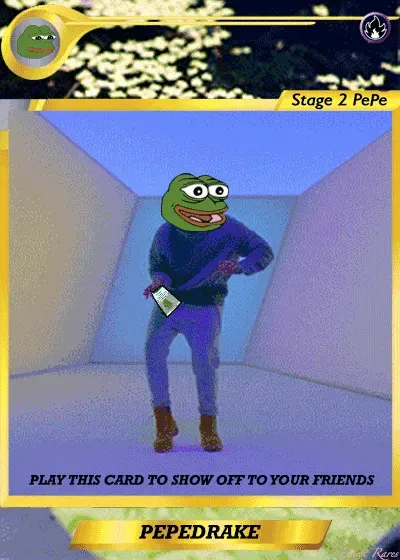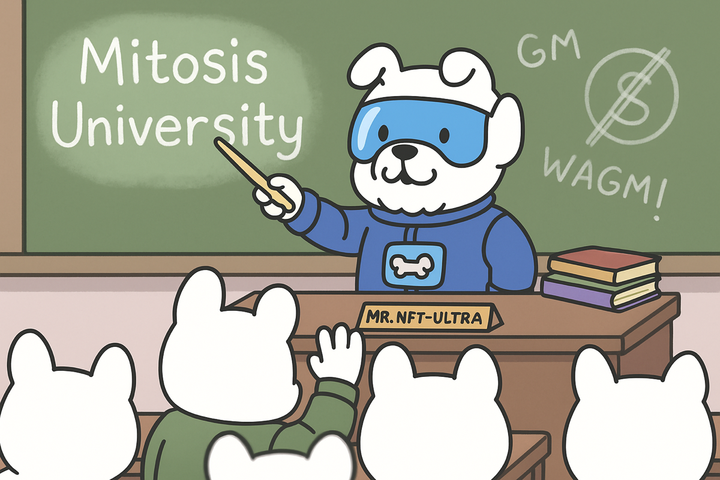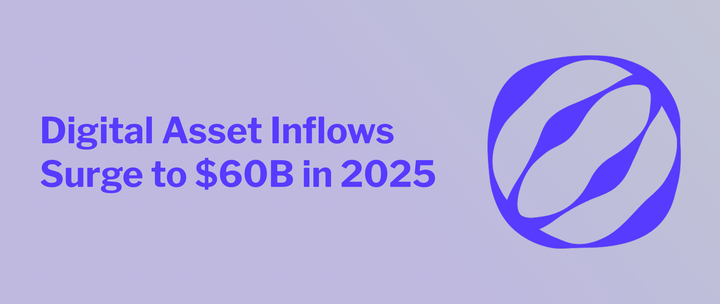Understanding Zero-Knowledge Proofs (ZK Proofs)
INTRODUCTION
In the rapidly evolving world of blockchain and decentralized finance (DeFi), the need for privacy, security, and efficiency is growing stronger than ever. One of the most powerful tools addressing these needs is the Zero-Knowledge Proof, commonly referred to as a ZK proof.
What Is a Zero-Knowledge Proof?
A Zero-Knowledge Proof is a cryptographic method that allows one party (the prover) to prove to another party (the verifier) that a statement is true without revealing any other information about the statement.
This technique gets its name from the idea that the verifier gains "zero knowledge" beyond the confirmation that the prover is correct.
A Simple Analogy
Imagine a maze with two entrances and a secret path that connects them. You want to prove to someone that you know the secret path. You enter the maze from one side and come out the other. The person outside sees that you completed the journey, confirming that you know the secret path, without ever seeing how you navigated it.
This is the essence of a Zero-Knowledge Proof: you demonstrate that you know something without revealing what you know.
Why ZK Proofs Matter in Blockchain
Blockchain systems are built on openness, but not all data should be exposed. With ZK proofs, users can:
- Prove they own funds without revealing wallet balances
- Verify transactions or smart contract executions privately
- Participate in networks or vote without doxxing identities
- Batch many transactions into one compressed proof for efficiency
This enables private, secure, and scalable decentralized applications.
Benefits of Zero-Knowledge Proofs
- Privacy
ZK proofs allow validation without revealing sensitive user data. - Security
No need to share actual information; only a mathematical proof is revealed, reducing attack surfaces. - Efficiency
Many operations can be bundled and proven with a single, tiny proof. This saves gas fees and reduces blockchain congestion.
Real-World Use Cases
- Private Transactions
Protocols like Zcash use ZK proofs to enable shielded, anonymous payments. - Layer 2 Scaling
Projects like zkSync and StarkNet use ZK rollups — combining many transactions off-chain and verifying them on-chain using a single proof. - Cross-Chain Bridges
Instead of sending dozens of individual messages between chains, ZK proofs allow a vault or protocol to prove all state changes in one batch, saving time and cost. - Voting and DAOs
Users can cast votes anonymously and still have them counted accurately, without revealing identities or preferences.
Is ZK-Proof the future?
As these proofs become easier to implement and more efficient to verify, they will underpin a new era of decentralized infrastructure. Transactions will become cheaper and more private, liquidity will flow freely across chains, and user experience will become seamless, all without compromising security.
Zero-Knowledge Proofs are no longer just an academic curiosity. They are becoming the invisible backbone of next-generation DeFi, gaming, identity, and data applications.
In a world where privacy and trust are increasingly important, ZK proofs are paving the way for decentralized systems that are both open and secure.



Comments ()